Last year was the wettest year on record for Wilmington, NC. As we all know, standing water always leads to more mosquitoes. While the best mosquito prevention includes dumping standing water, it’s hard to get rid of it all. Local mosquito spray services can help, but they often mess with your yard’s ecosystem. So, if you don’t want to kill off some helpful bugs, sticking to citronella products is a safe choice. Another option is planting mosquito-repelling plants around your home and outdoor living spaces. Here 10 of the most effective.
1. Citronella Grass
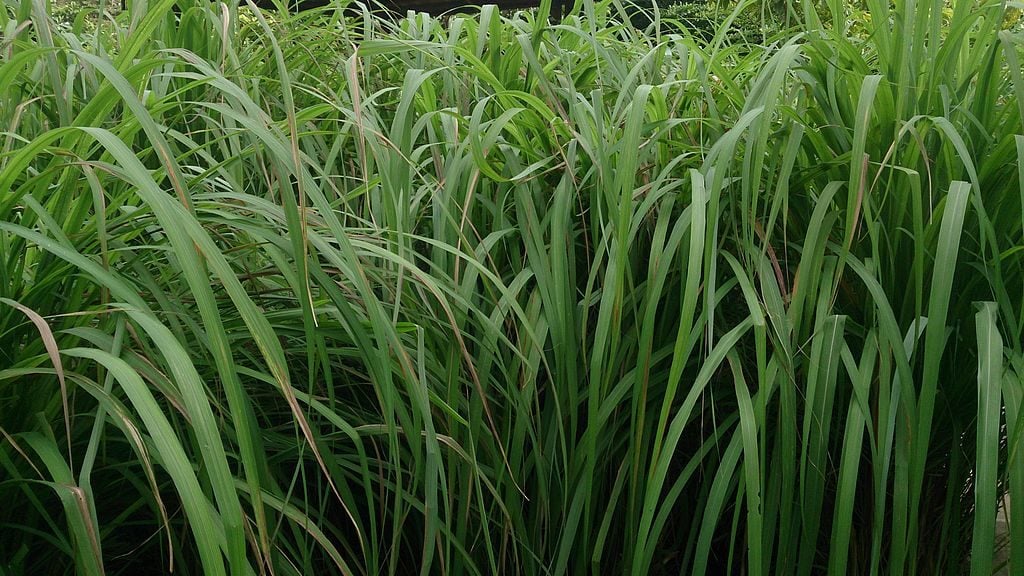
Citronella Grass
Yep, the most common ingredient found in bug sprays is actually from a plant. However, don’t be duped by the “Citronella Plants” that have lacy leaves. Those are geraniums scented with citronella. The citronella plant that is most effective against mosquitoes looks like a tall grass. Citronella is most effective as an oil, but it still gives off its signature scent as a plant. It also repels flies, which makes it ideal for planting around outdoor dining areas. To maximize its usefulness, crush some of the leaves to release the scent before spending time in your outdoor living space.
2. Lavender
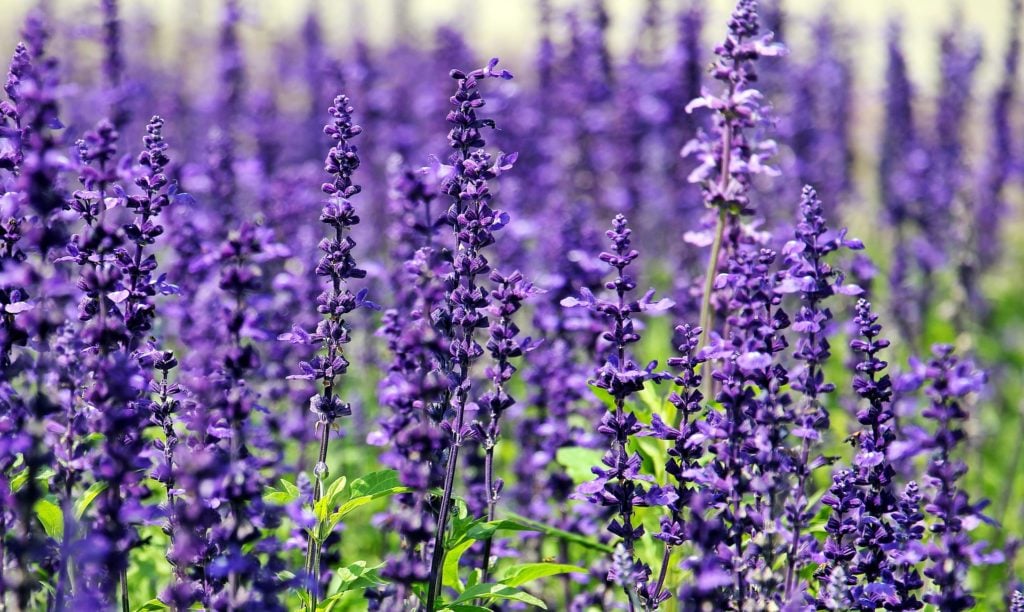
Lavender
Lavender is a resilient plant that has a pretty scent that not only repels mosquitoes but also fleas, flies, moths, and spiders. It attracts bees and butterflies, and can be used in tea. It’s drought-resistant and thrives in warm climates.
3. Lemongrass
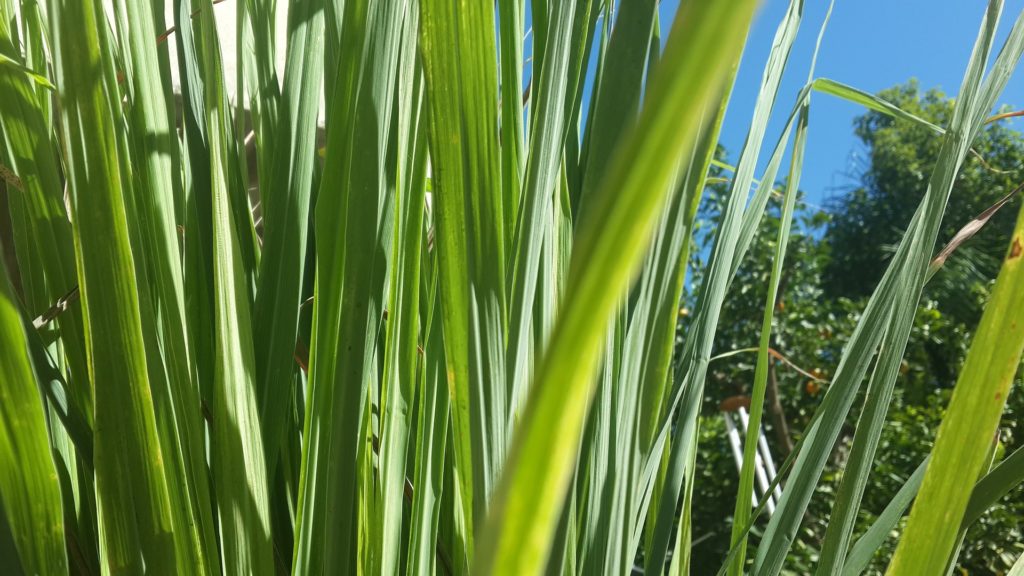
Lemon Grass
Lemongrass has high levels of citral, an ingredient often included in bug sprays, and gives off a nice lemon smell. It repels flies and is toxic to mosquito larvae, making it a good choice for planting near ponds and areas that often collect water. It’s safe to touch for most people, but pregnant women and breastfeeding moms should avoid it, as the oil on its leaves could be absorbed through the skin and affect the baby.
4. Marigolds
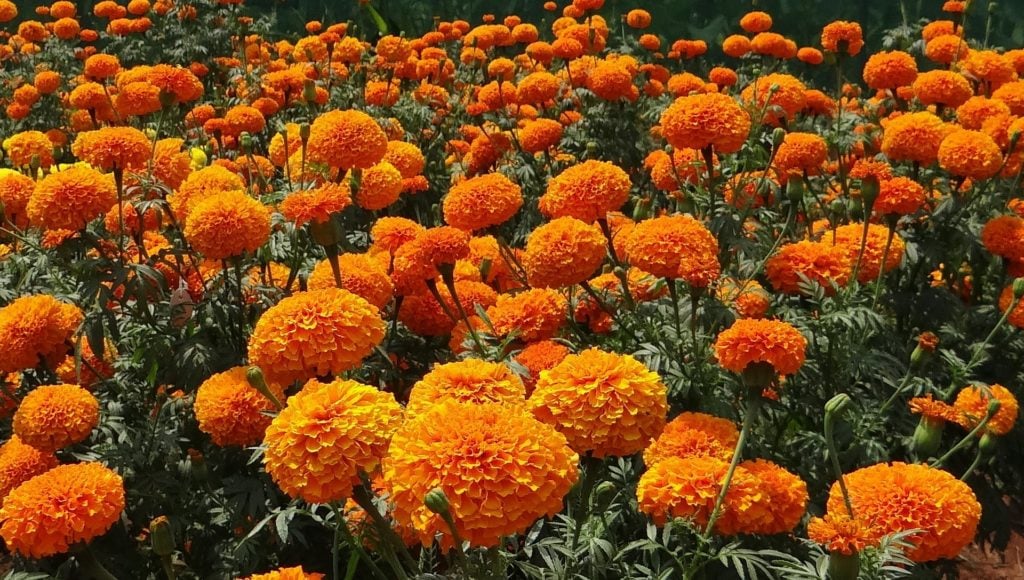
Marigolds
Marigolds contain pyrethrum, an ingredient used in repellants, and are often used as a companion plant in vegetable gardens. The flowers have a citrusy taste making them a nice addition to soups and salads. They also repel deer and rabbits and attract butterflies and bees.
5. Basil
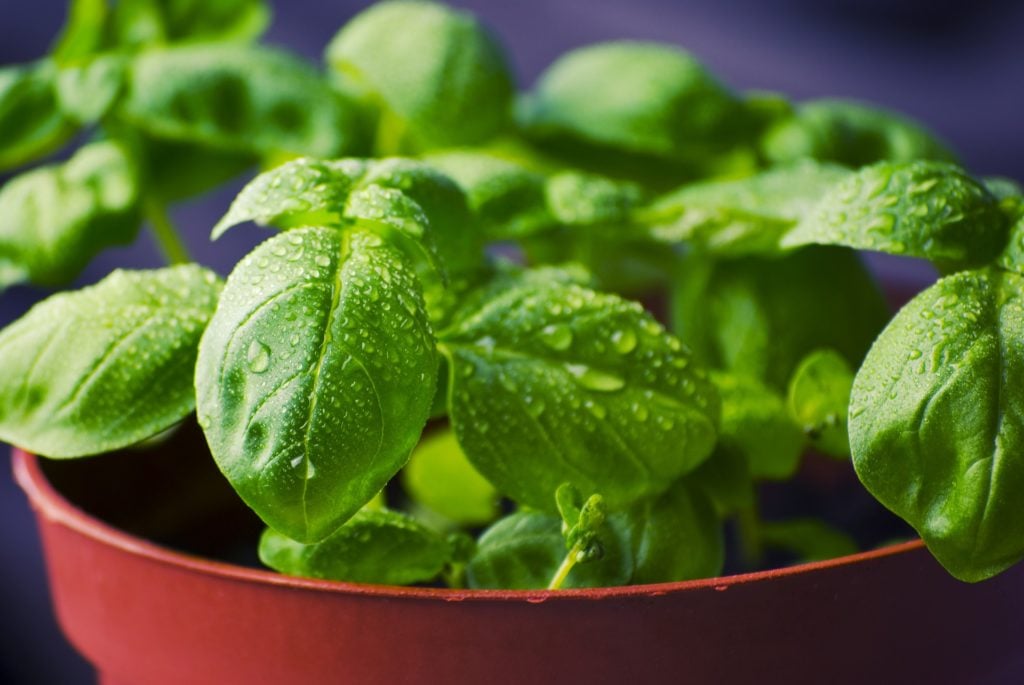
Basil
If you have an herb garden, you already have one popular choice for mosquito repellants – basil. This plant is a common cooking herb and toxic to mosquito larvae. The leaves do not need to be crushed to emit the bug-repelling scent, so it’s nice for adding an aromatic element to your outdoor living spaces.
6. Scented Geraniums
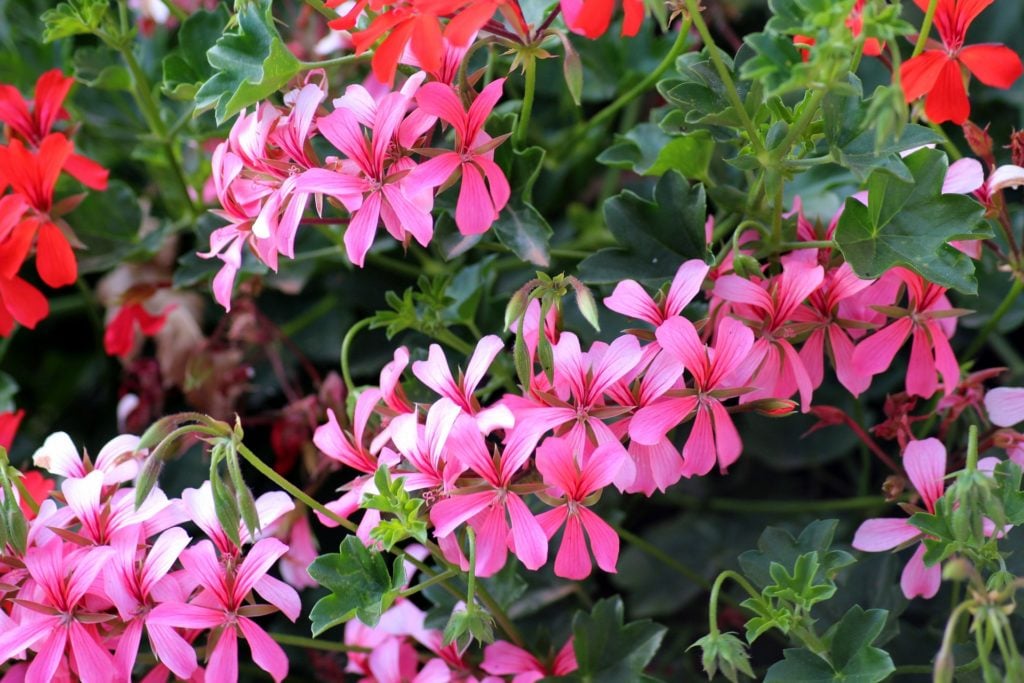
Geraniums
Many scented geraniums emit a lemon fragrance that helps to repel mosquitoes and flies. This is in part due to the citronella oil they contain. There are other scented geraniums that smell like lime, orange, cinnamon, mint, and apples. Just think of the results of pairing the lemon, lime, and orange-scented geraniums together! Your back yard would smell tropical and best of all, it would be filled with beautiful flowers.
7. Peppermint
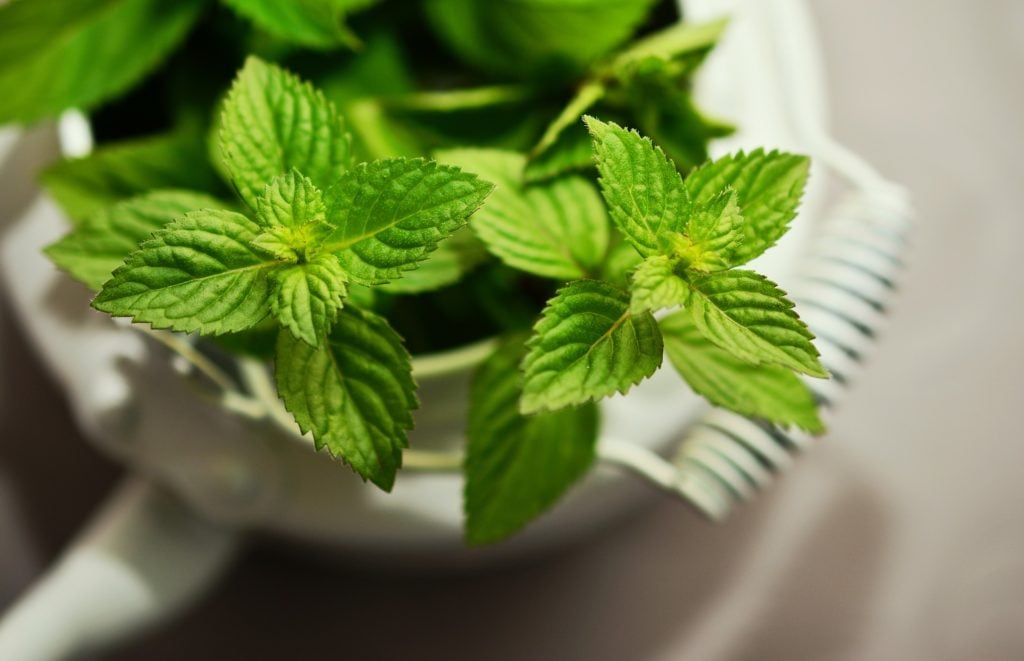
Peppermint
Peppermint is another very aromatic choice. It is toxic to mosquito larvae and repels spiders. It’s also very useful to have around the home. The leaves can be chewed to alleviate stomach discomfort and are a tasty addition to black tea (try sun brewing black tea and peppermint together – yum!). Just be careful when planting it in the ground. In warmer climates, it can quickly take over the whole garden bed.
8. Catnip (Catmint)
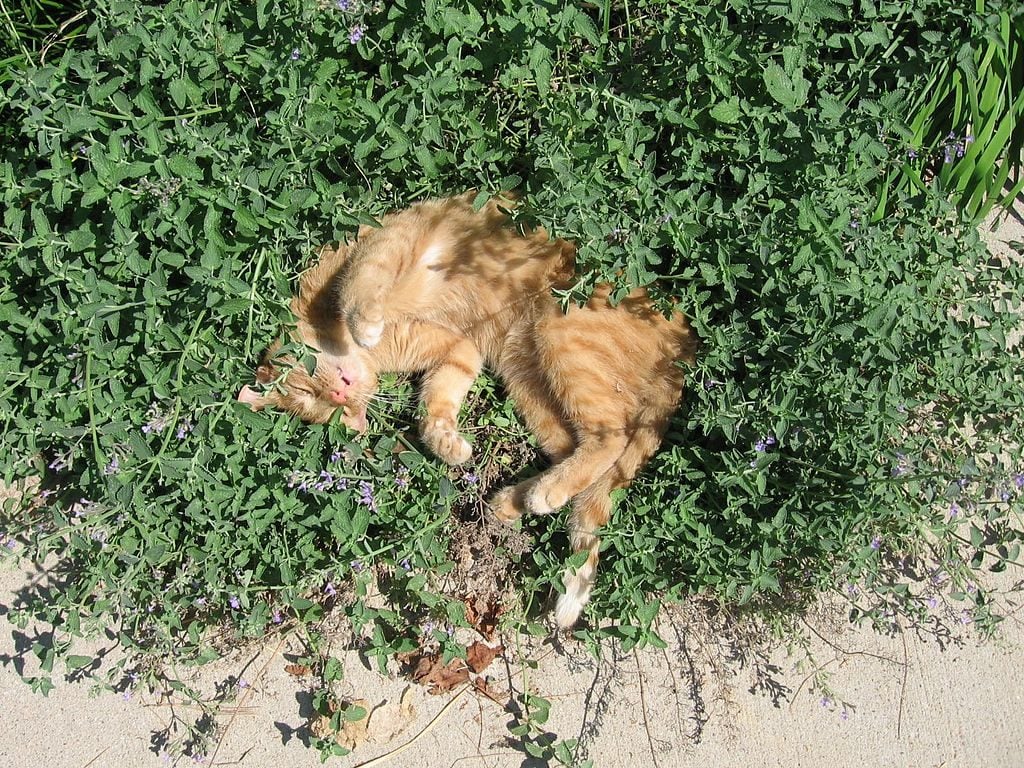
Cat Sleeping in Catmint (Catnip)
Catnip is a form of catmint and its oil has been found to be 10x more effective than DEET at repelling mosquitoes. It also deters termites and cockroaches. You may be familiar with catnip if you have a cat, because it produces a euphoric reaction in cats and is often sold with their toys. So, don’t plant it if you don’t like felines. You’re likely to attract neighborhood cats who want to roll around in the leaves.
9. Garlic
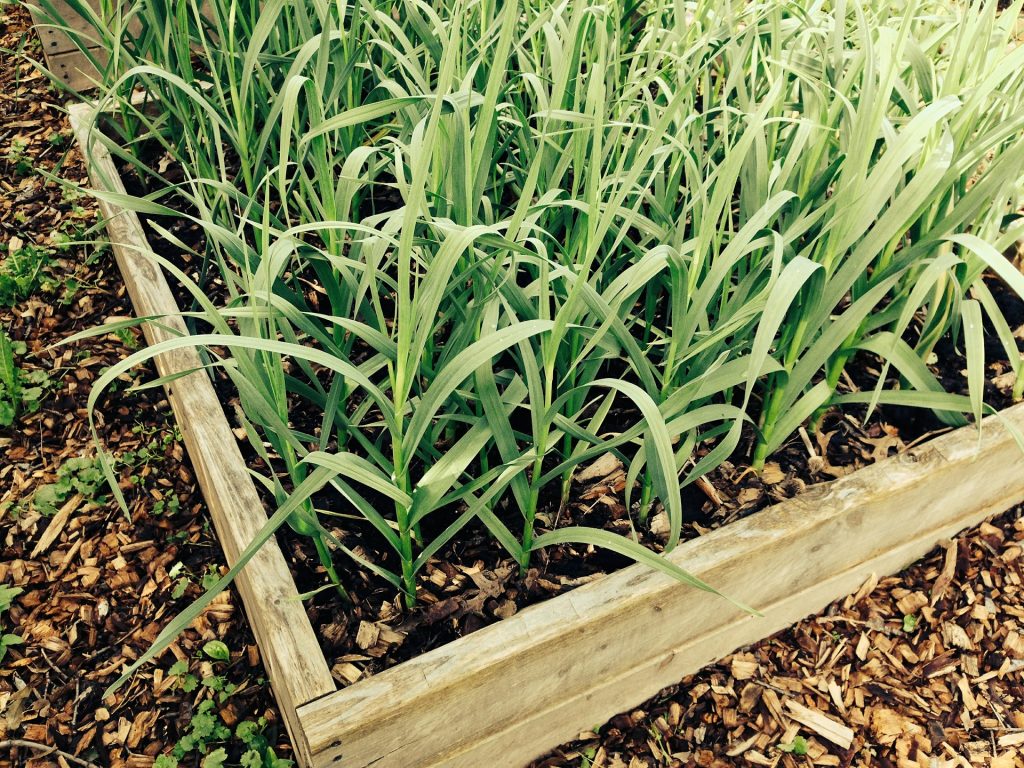
Growing Garlic
If you can get past your back yard constantly smelling like an Italian restaurant, garlic is another option for repelling mosquitoes. I like to plant garlic near my roses, because it also repels ants and aphids, both of which love my beautiful flowers. Garlic also helps to repel mosquitoes if you ingest it – good to know if you’re planning a pre-hike meal!
10. Bee Balm
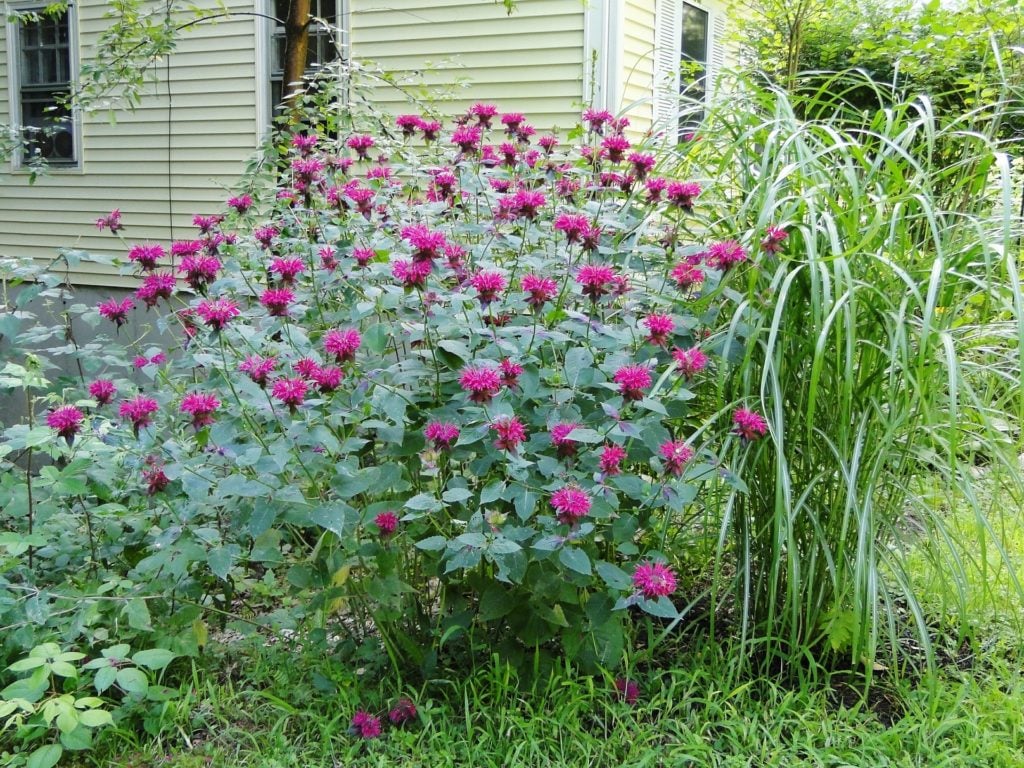
Bee Balm a.k.a. Monarda
Bee Balm (a.k.a. Monarda) is a garden favorite. It not only repels mosquitoes but has beautiful flowers in a variety of colors that attract bees, hummingbirds, and butterflies. It’s part of the mint family and the mild mint odor it lets off is what repels mosquitoes. It’s also an antimicrobial and can be used in tea to treat colds, the flu, and indigestion.
Each mosquito repelling plant has its own requirements for growing. Some are perennials. Some are annuals. Some require more sun than others. Some have leaves that need to be crushed to be effective. So do your research before making an investment.
Have you tried any of these mosquito-repelling plants? How’d they work for you?
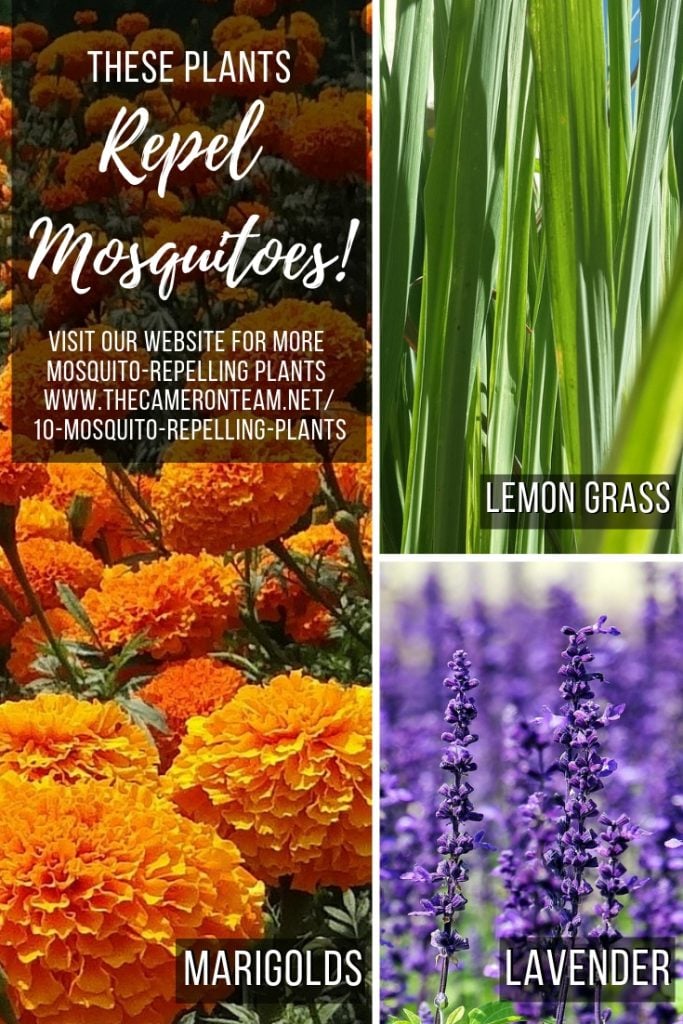
[the_grid name=”Homeowner Tips”]



